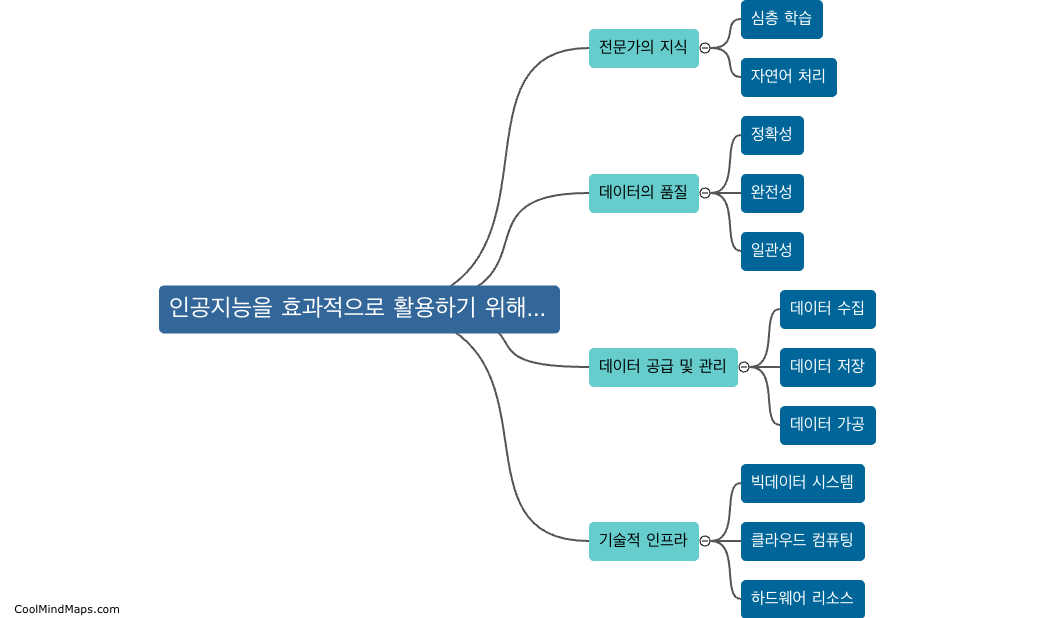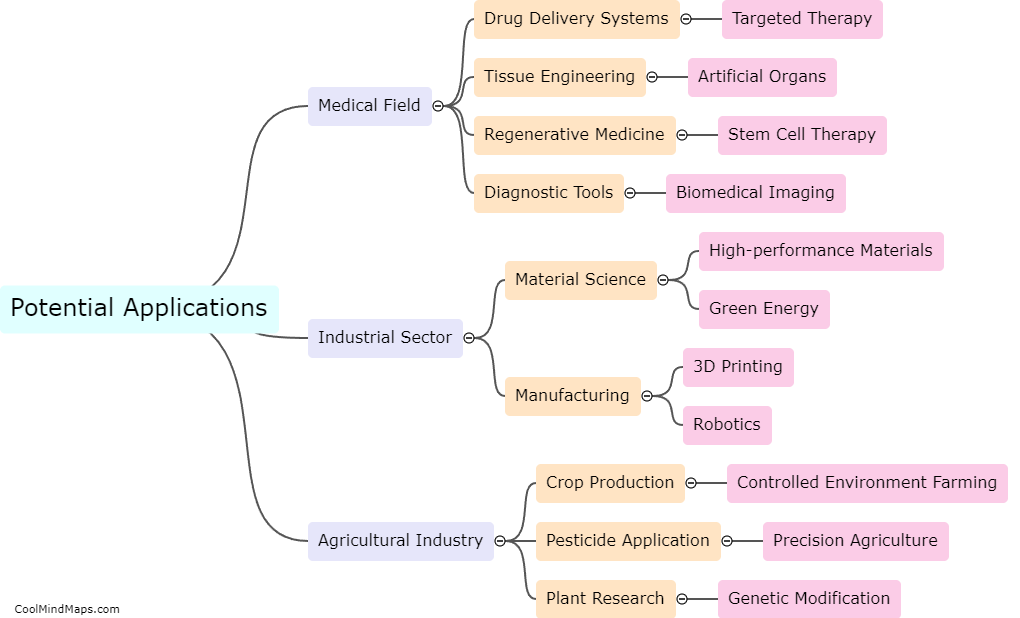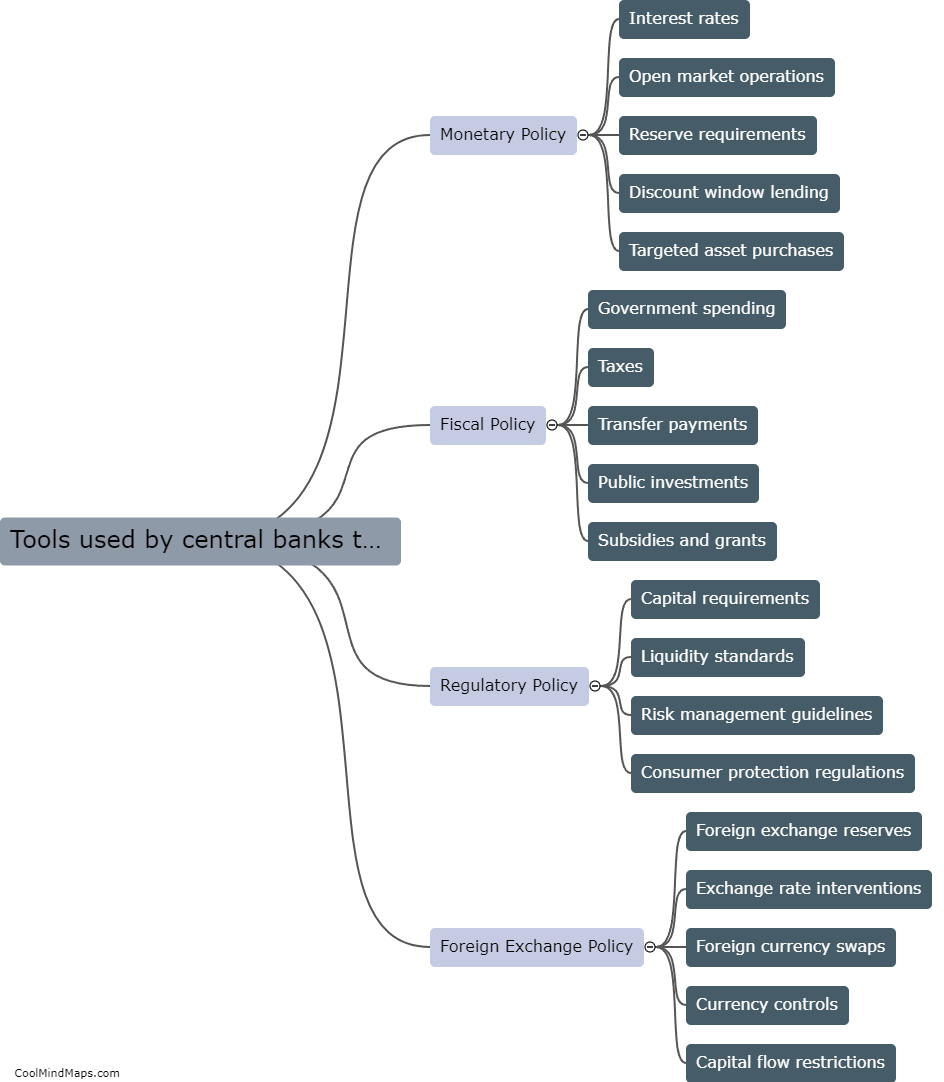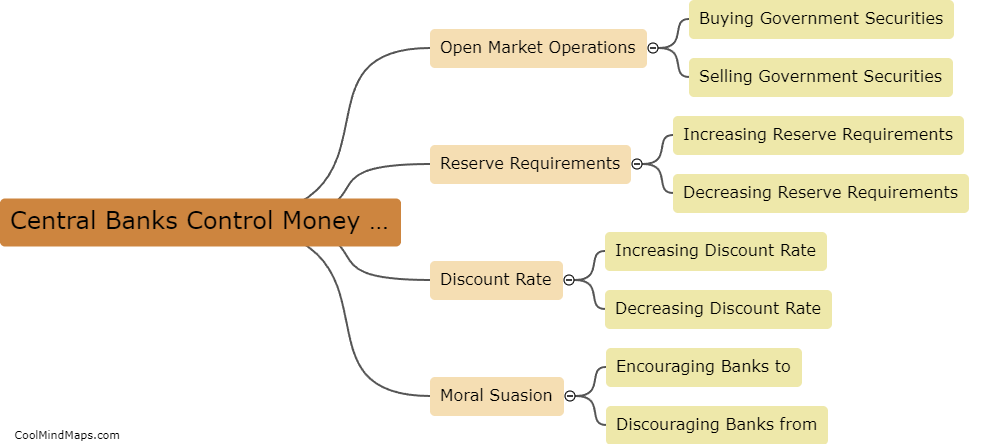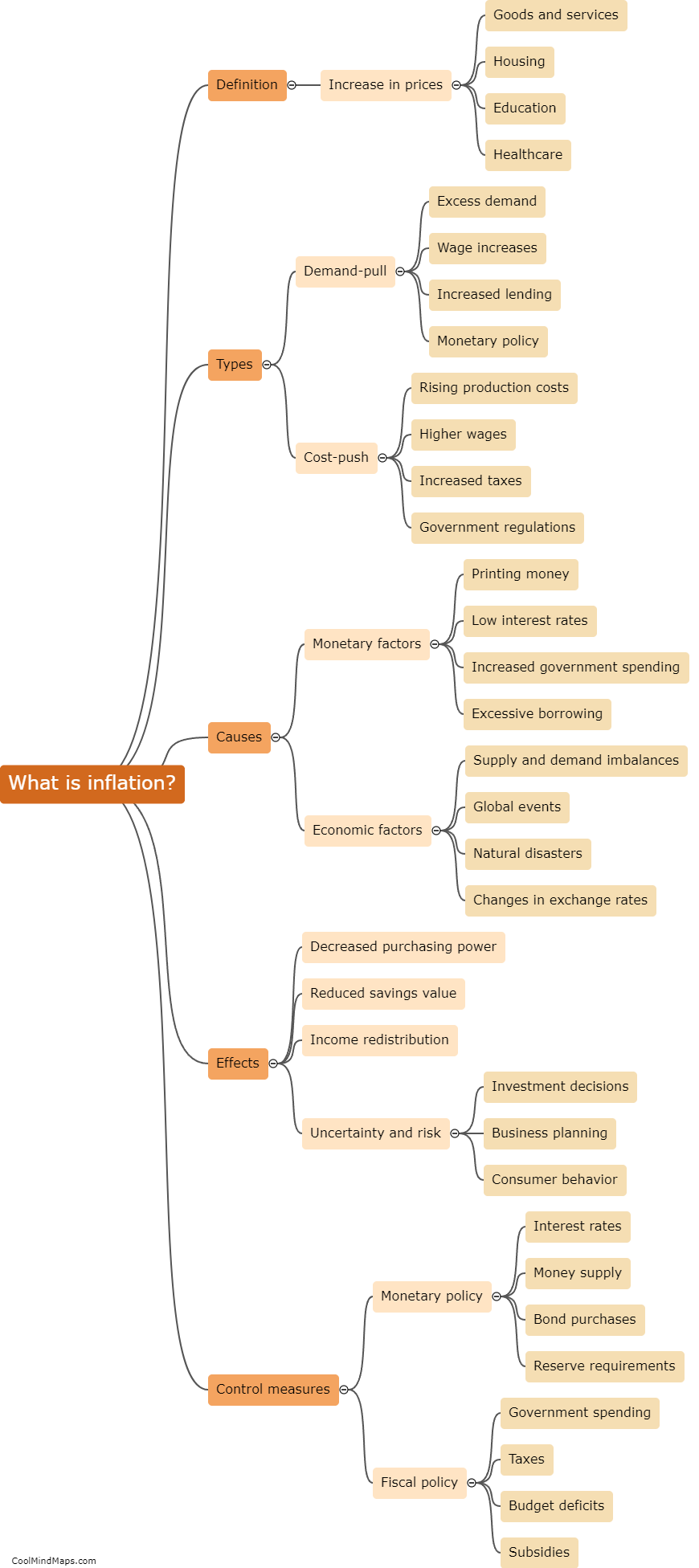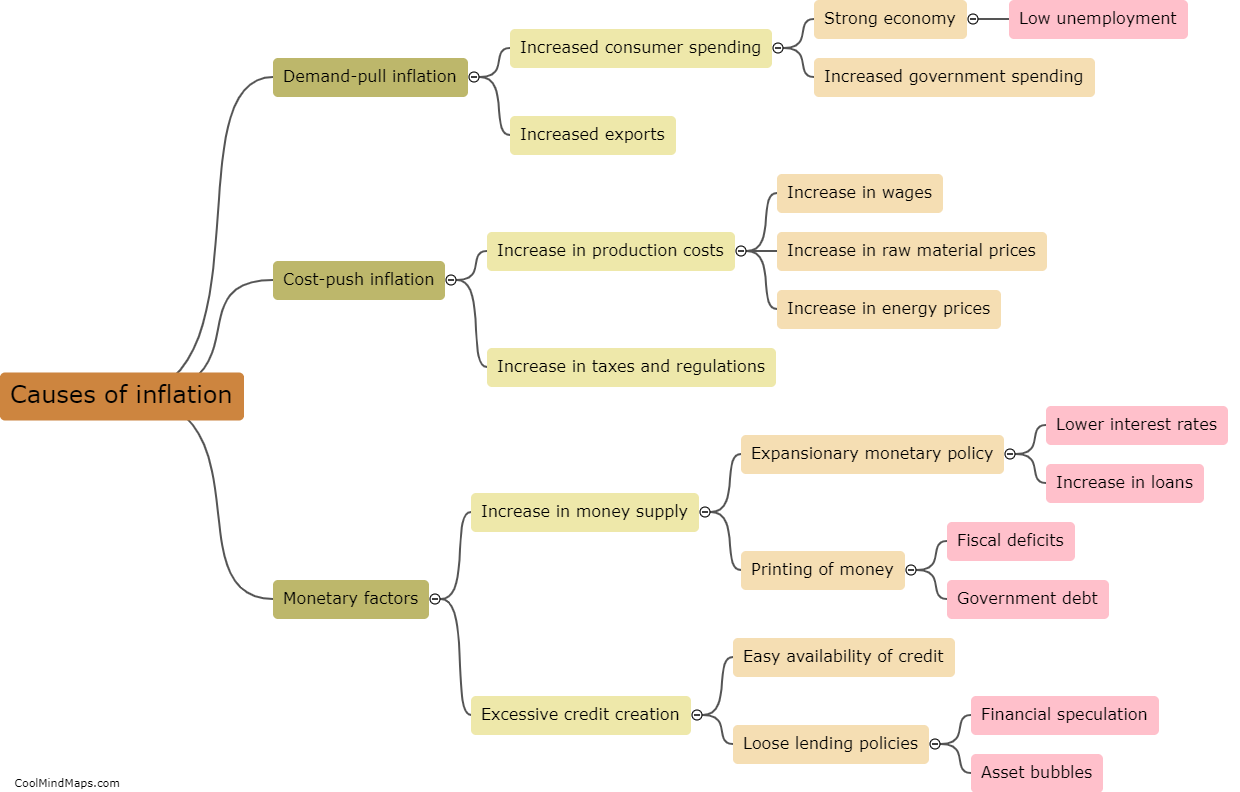Effects of inflation on the economy
Inflation refers to the increase in the general level of prices for goods and services in an economy over a period of time. The effects of inflation on the economy can be both positive and negative. On one hand, mild inflation can be seen as a sign of a healthy economy, as it indicates increasing demand and consumer spending. It encourages investments and boosts economic activity. On the other hand, high or unpredictable inflation can have detrimental effects. It erodes the purchasing power of consumers, reducing their standard of living and causing lenders to lose money. Uncertainty about future prices can discourage investments, leading to slower economic growth. Inflation can also distort the allocation of resources, as individuals and businesses may focus on short-term gains rather than long-term planning. Therefore, it is crucial for central banks and governments to strike a balance and maintain a stable inflation rate to ensure a healthy and sustainable economy.
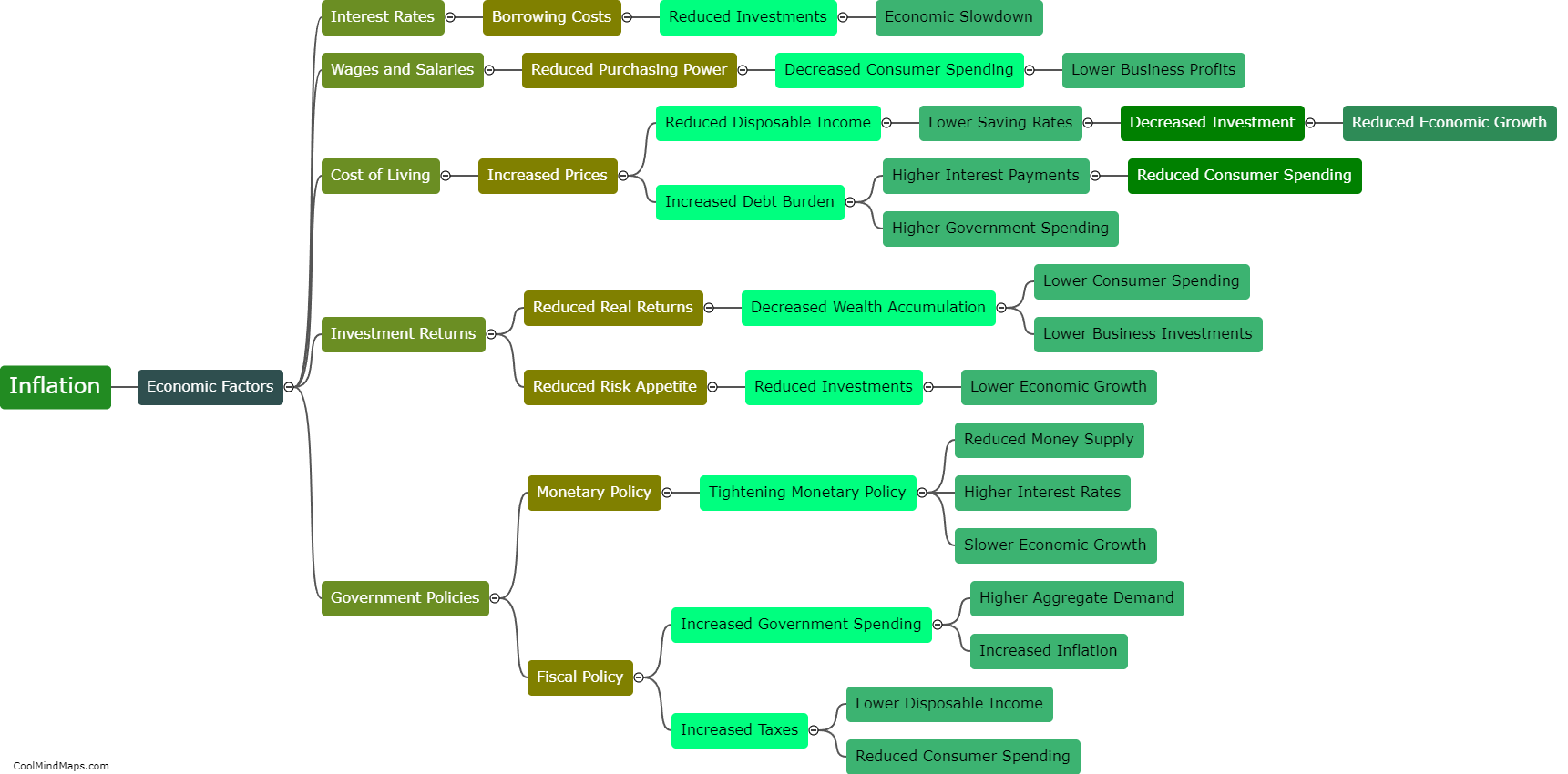
This mind map was published on 8 October 2023 and has been viewed 101 times.


